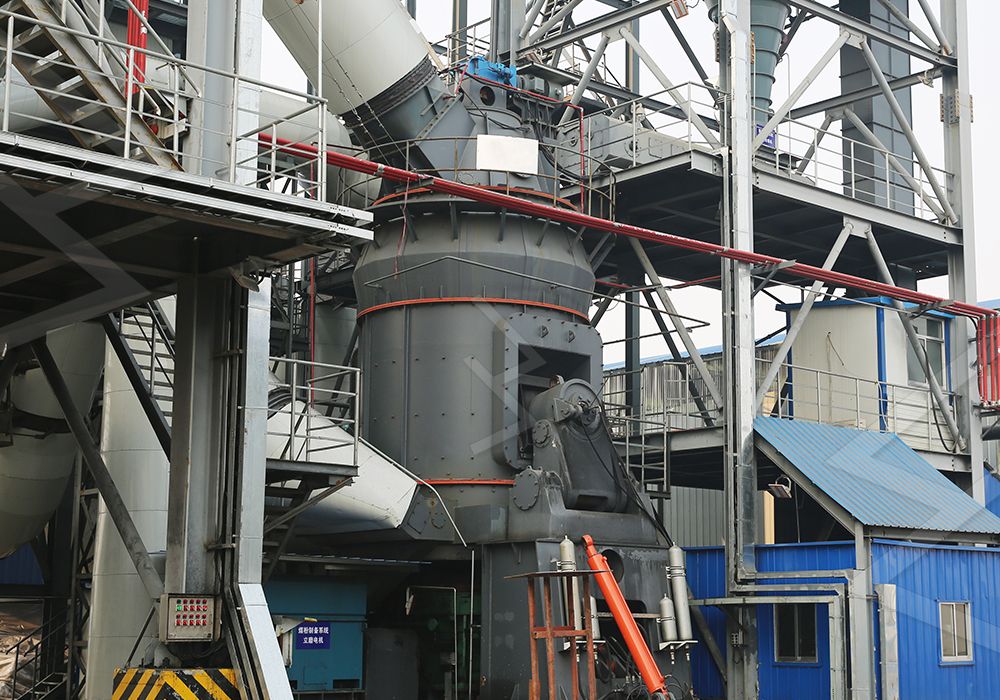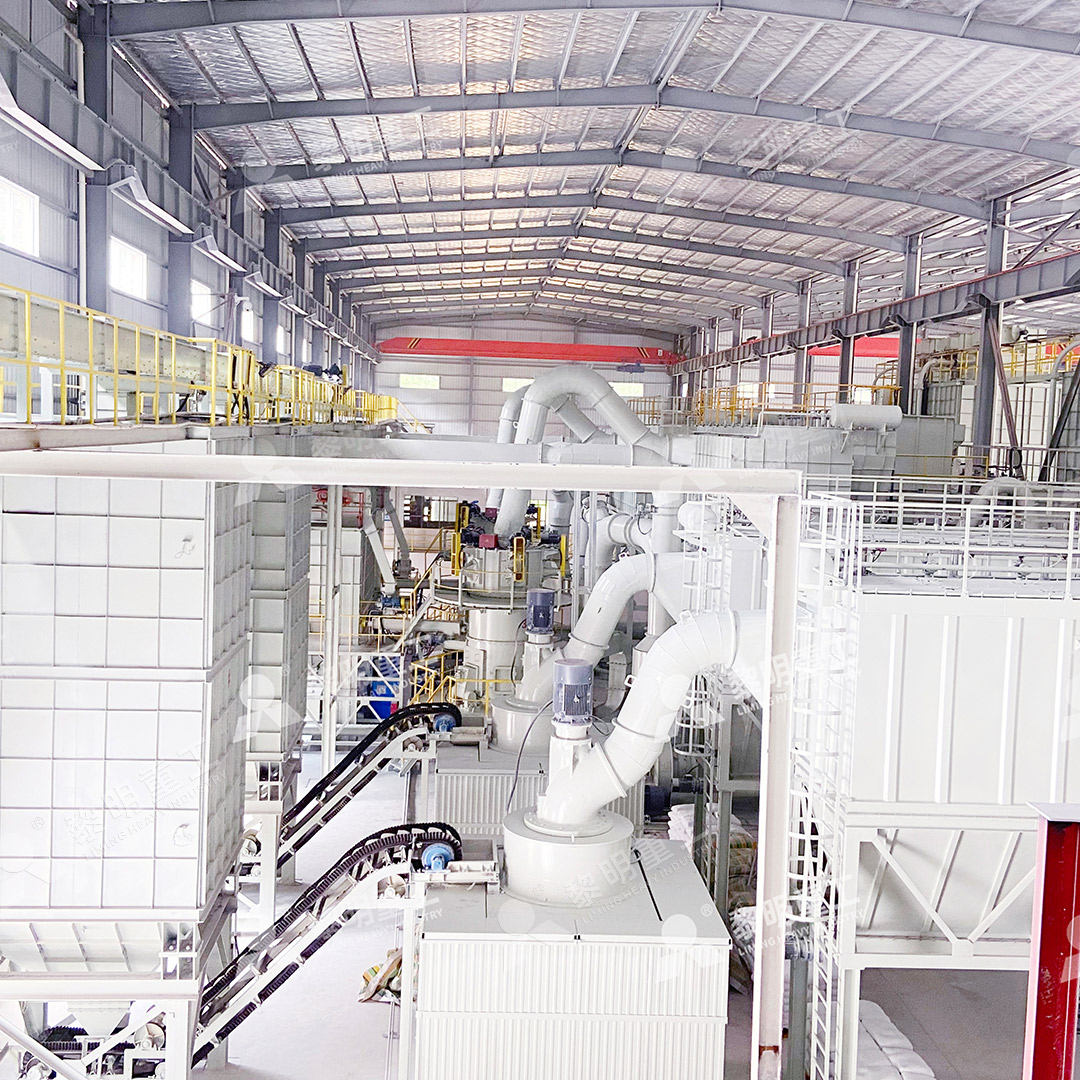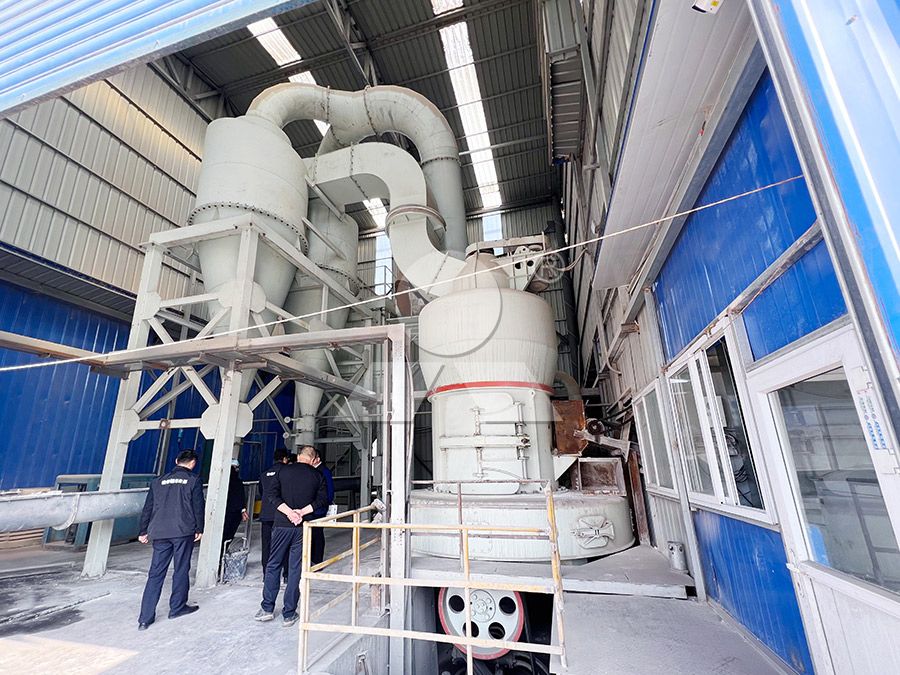How to Choose a 200 Mesh Coal Mill for Lime Kiln Operation
How to Choose a 200 Mesh Coal Mill for Lime Kiln Operation
Selecting the right coal mill is a critical decision for any lime kiln operation. The goal is to achieve a consistent, fine powder – typically around 200 mesh – that ensures efficient and complete combustion within the kiln. The wrong mill can lead to poor fuel efficiency, uneven burning, increased emissions, and higher operational costs. This guide will walk you through the key considerations to make an informed choice.
Key Factors in Coal Mill Selection
When evaluating mills for pulverizing coal to 200 mesh, several factors come into play:
- Feed Size & Capacity: Match the mill’s input size (e.g., 0-20mm) and throughput (tph) to your raw coal specifications and production requirements.
- Grinding Efficiency & Energy Consumption: Look for modern designs that offer higher yield with significantly lower energy use compared to traditional ball mills.
- Particle Size Control: The mill must reliably produce a consistent 200-mesh fineness. Advanced powder selection technology is crucial here.
- Reliability & Maintenance: Downtime is costly. Designs that simplify maintenance and offer robust construction with easy access to wear parts are preferable.
- Environmental Compliance: Integrated dust collection and noise reduction features are non-negotiable for modern, eco-conscious operations.

Why an Ultrafine Grinding Mill is the Superior Choice
For achieving a precise and consistent 200-mesh coal powder, ultrafine grinding mills have become the industry standard, far outperforming older technologies like Raymond mills or ball mills. They offer unparalleled control over fineness, superior energy efficiency, and are designed with operational longevity in mind.
For operations that demand the highest level of performance, we highly recommend our MW Ultrafine Grinding Mill. This machine is engineered for customers who need to make ultra-fine powder like the 200-mesh coal required for lime kilns. It handles an input size of 0-20 mm and offers a capacity range of 0.5-25 tph, making it suitable for a wide variety of operation scales.

Advantages of the MW Ultrafine Grinding Mill
- Higher Yielding, Lower Energy Consumption: Its newly designed grinding curves enhance efficiency. Production capacity is 40% higher than jet mills with system energy consumption only 30% of them.
- Precise Fineness Adjustment (325-2500 meshes): Its German-technology cage-type powder selector allows you to accurately target and maintain the 200-mesh fineness you need.
- Enhanced Reliability: A key feature is the absence of rolling bearings and screws in the grinding chamber. This eliminates common failure points and concerns about loose screws causing machine damage, allowing for worry-free 24/7 operation.
- Eco-Friendly Operation: The mill is equipped with an efficient pulse dust collector and muffler, ensuring no dust pollution and reducing noise, keeping your plant compliant with environmental standards.
Conclusion
Choosing the right 200 mesh coal mill is not just about pulverizing rock; it’s about optimizing your entire lime production process for efficiency, cost-effectiveness, and environmental responsibility. By focusing on modern ultrafine grinding technology with proven features for reliability and control, you can ensure stable kiln operation and high-quality lime output.
For a grinding solution that delivers precision, efficiency, and durability specifically for applications like yours, the MW Ultrafine Grinding Mill represents a top-tier investment. Its design directly adresses the core challenges of coal preparation for lime kilns, making it an intelligent choice for forward-thinking operations.

